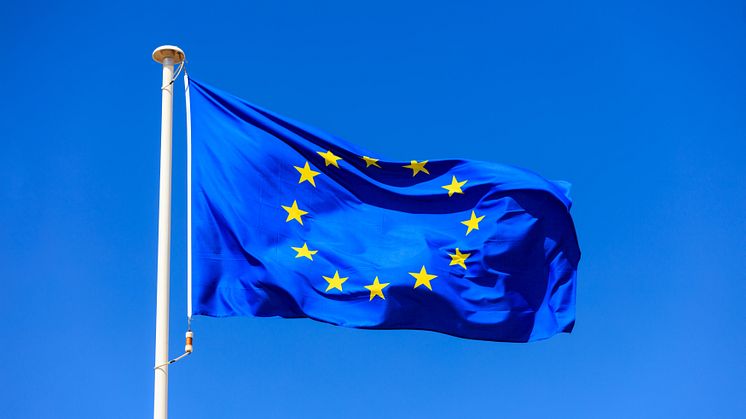
Press release -
EU Regulation follows fragrance industry’s voluntary global ban
The European Commission has just announced its decision to ban the fragrance material Musk xylene under the new European Chemicals Legislation REACH, bringing EU regulations in line with the global IFRA Standards.
The International Fragrance Association (IFRA) voluntarily banned Musk xylene through the IFRA Standards, part of the fragrance industry’s global self-regulatory program contained in the IFRA Code of Practice.
The material was banned because of its potential effects on the environment. The IFRA Standards form the basis for the globally accepted and recognized risk management system for the safe use of fragrance ingredients and are part of the product risk management process, the IFRA Code of Practice. This is the self-regulating system of the industry, based on risk assessments carried out by an independent Expert Panel.
The Expert Panel is made up of renowned independent experts, from fields such as dermatology, toxicology, pathology or environmental sciences. Their role is to evaluate the data on a fragrance to see if it supports the current use level, to make sure that there is no risk for the consumer or the environment. In the cases where the safety assessment does not support the current use, the Panel instructs IFRA to issue a Standard either restricting or banning a material. This was the process that led to the creation of an IFRA Standard banning the use of Musk xylene as part of the IFRA 44th Amendment to the Code of Practice in June 2009.
The Code of Practice is mandatory for all IFRA members and membership accounts for approximately 90% of the global volume of fragrance materials.
“I am pleased that one of the world’s most comprehensive regulatory regimes is in line with our own global safety program,” said Pierre Sivac, IFRA President.
“We have always taken our responsibilities for safety very seriously and once again our self-regulatory approach has proved to be more up to date with current scientific knowledge, faster to implement and cheaper for industry and consumers. We shall continue to work to ensure the safe enjoyment of fragrances by implementing our Standards worldwide.”
Topics
Categories
The International Fragrance Association, founded in 1973, represents the interests of the fragrance industry worldwide. IFRA comprises seven multinational Regular Members and 21 national associations in four global regions representing hundreds of small and medium-sized fragrance ingredient manufacturers, as well as supporting members. Its mission is to promote the safe use of fragrance for everyone’s enjoyment.
Fragrances are a key platform technology used by consumer goods companies – for fine fragrances, personal care products, household care and more.
IFRA’s flagship safe use program, the IFRA Standards, applies safety management measures based on scientific assessment and the evaluations of an independent Expert Panel. The program is at the heart of the IFRA Code of Practice, which applies to all IFRA members globally, including members of IFRA’s 21 national associations. The Code also requires members to abide by local, national and international regulation, and to apply good manufacturing practices.



